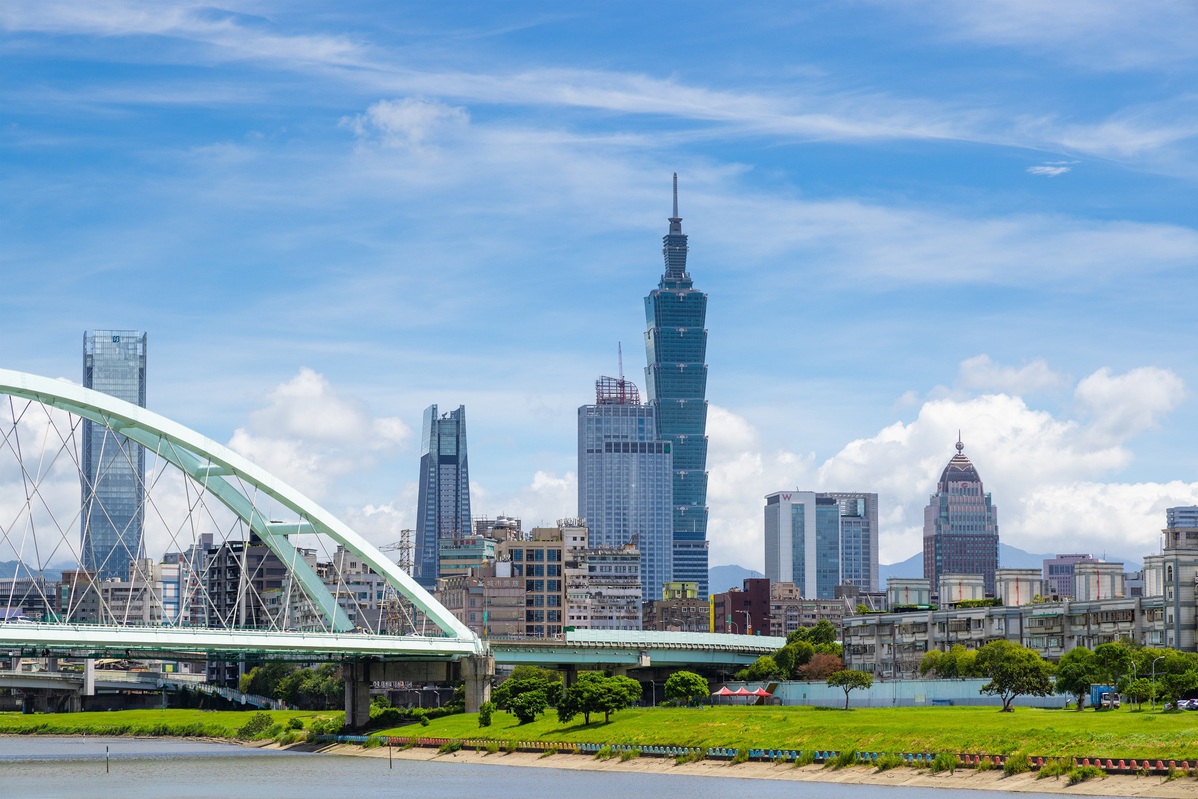Youth exchanges bring fresh hope to cross-Strait relations


In today's world, gestures that reaffirm dialogue, understanding and cooperation deserve greater attention. The 17th Straits Forum, held on Sunday in Fujian, offers one such opportunity. Having run for 17 consecutive years, the forum attracted thousands of participants from Taiwan this year, reflecting its growing significance in cross-Strait relations.
This year's event was especially notable for the participation of Ma Ying-jeou, former chairman of the Chinese Kuomintang party, who led a delegation of Taiwan students. Their presence highlights the continuing importance of cross-Strait engagement rooted in people-to-people exchanges, particularly among the younger generation.
This is Ma's fourth visit to the Chinese mainland since 2023. The two-week trip, which also includes stops in Gansu province, is the longest of the four, reflecting the urgent need to rebuild and strengthen peaceful channels of communication and interaction between the two sides of the Taiwan Strait.
In recent years, cross-Strait relations have faced growing uncertainty due to political turbulence and rising external interference. The Democratic Progressive Party authorities in Taiwan have sought to discourage participation in the Straits Forum, fearing that such engagement might reveal the mainland's real development momentum and goodwill, and weaken their "pro-independence" narrative. Their concern lies in the forum's potential to foster deeper understanding and connection, undermining their efforts to isolate the island from its motherland.
Against this backdrop, Ma's visit sends an important message: even when official dialogue is constrained, peace can still be advanced through interpersonal and cultural exchanges. His call for both sides to engage with, learn from each other and build mutual understanding is not only timely but increasingly necessary.
In fact, cross-Strait travel continues to rebound, with over 4.4 million trips recorded in 2024, an increase of 53.8 percent year-on-year. These numbers underscore the enduring desire among people on both sides of the Strait for greater contact and communication.
Before departing for the forum, Ma emphasized that his visit aims not only to deepen the Taiwan residents' understanding of Fujian's development, but also to promote closer people-to-people ties through face-to-face interactions. Such efforts are especially meaningful for younger participants, who represent the future of cross-Strait relations.
The involvement of youth brings fresh hope to a relationship often weighed down by the DPP authorities. Unlike older generations, today's young people are more globally minded, pragmatic and open to engagement. Their participation in dialogue paves the way for a future defined not by confrontation, but by cooperation.
Ultimately, lasting peace and stability across the Taiwan Strait depend on the people of the two sides. The shared history, culture and blood ties between both sides of the Strait are inherently close and cannot be changed by any force. In the face of extreme suppression, this bond will only demonstrate even greater resilience.
Ma's visit represents a meaningful and constructive step forward. It reminds us that ordinary people have the power to choose dialogue over division. The warm welcome the delegation received speaks volumes about the desire for peace and development that remains alive on both sides.
Despite the DPP's political maneuvers, this historical trend cannot be reversed. The mainland remains steadfast in its commitment to normalizing cross-Strait exchanges in all sectors. As long as these bridges of communication remain open, there is hope for a peaceful and prosperous future shared by both sides of the Strait.


































